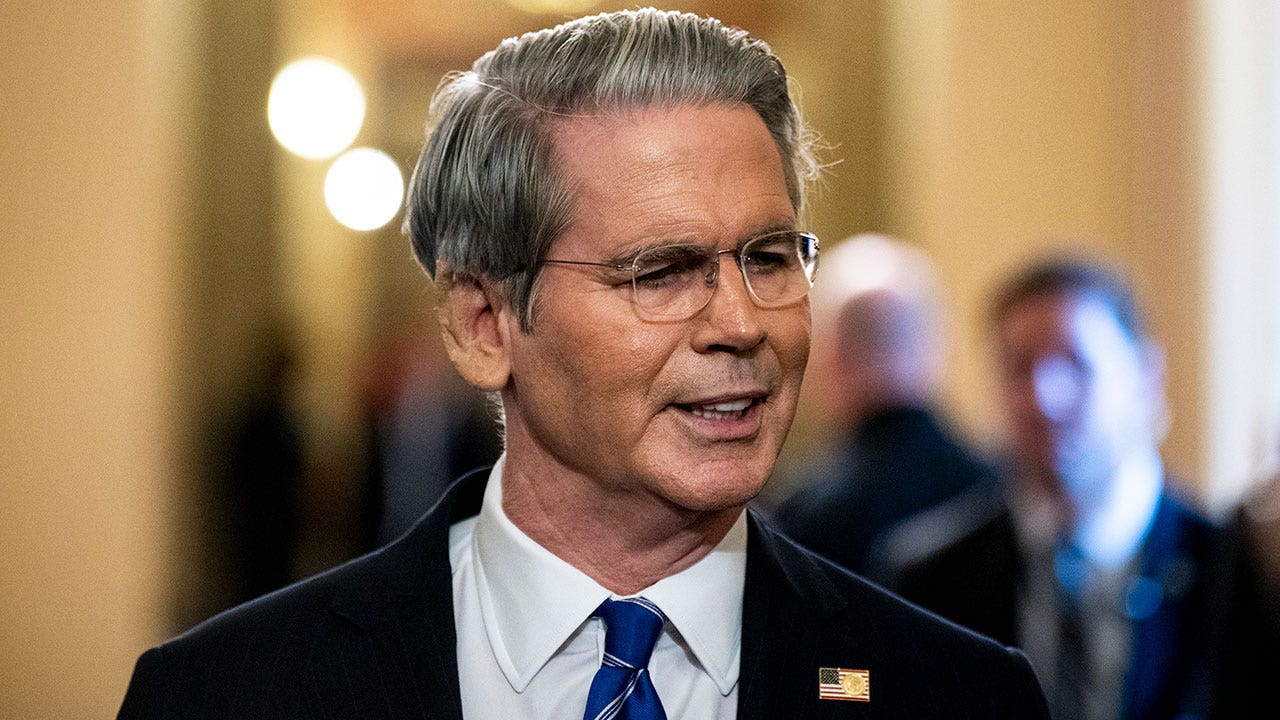U.S. Treasury Secretary Scott Bessent is poised to navigate the complex waters of U.S.-China trade relations as crucial negotiations loom on the horizon. With a focus on securing high-quality agreements
Did You Know
Sea otters hold hands while sleeping to avoid drifting apart in the water.
?
AD
rather than rushing to meet looming deadlines, Bessent will engage with Chinese trade negotiators in Stockholm next week. Central to these discussions is the potential extension of a pivotal trade deal that significantly reduced tariff rates on Chinese imports, a move that could reshape the economic landscape ahead of the nearing deadlines for tariff negotiations.
The stakes are high as Bessent seeks to balance American economic interests with the intricacies of international diplomacy. The Trump administration remains keenly aware of China's growing role in the global economy, particularly its involvement in purchasing sanctioned oil from Iran and Russia. This point may serve as a critical agenda item during the upcoming dialogue, as the U.S. confronts the multifaceted challenges arising from China’s strategic partnerships while navigating its own economic policies.
As these negotiations unfold, the implications resonate far beyond the bilateral trade agreements. They underscore a pivotal moment in the ongoing debate about global trade practices amid the rise of protectionist sentiments in the United States. The outcome of these talks will not only influence the U.S.-China relationship but will also impact international markets, shaping the future of economic relations in an increasingly interconnected world. With tensions high and interests on both sides at stake, Bessent's mission will be closely watched by policymakers and economists alike.
Q&A (Auto-generated by AI)
What are the implications of Bessent's comments?
Bessent's comments suggest a potential shift in U.S.-China trade dynamics, indicating a willingness to extend tariff negotiations. This could signal both countries' prioritization of diplomacy over immediate economic pressures, impacting global markets and trade relationships. It also reflects the Trump administration's strategy to balance economic interests while addressing geopolitical concerns.
How do tariffs affect U.S.-China relations?
Tariffs serve as a tool for the U.S. to exert pressure on China regarding trade imbalances and intellectual property issues. They can lead to retaliatory measures from China, escalating tensions. The negotiation of tariffs is crucial for maintaining a working relationship, as prolonged tariffs can harm both economies and global supply chains.
What led to the current trade negotiations?
The current trade negotiations stem from ongoing tensions between the U.S. and China regarding trade practices, tariffs, and economic policies. The Trump administration aimed to address perceived unfair trade practices by China, leading to increased tariffs in previous years. Recent discussions reflect efforts to find common ground amidst these challenges.
What are the key points of the Trump trade deal?
The Trump trade deal primarily focused on reducing tariffs on Chinese imports while increasing U.S. exports to China. Key points included commitments from China to purchase more American goods and address intellectual property theft. The deal aimed to create a more balanced trade environment, though its effectiveness remains debated.
How does China’s oil dependence impact trade talks?
China's dependence on Iranian and Russian oil complicates trade negotiations, as these relationships are viewed through a geopolitical lens. The U.S. is concerned about sanctions violations and energy security, making discussions about oil purchases critical in broader trade talks. Addressing this dependency could influence tariff negotiations and bilateral relations.











